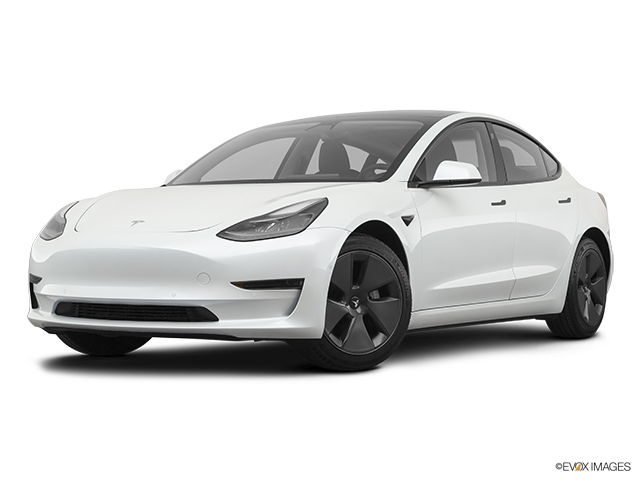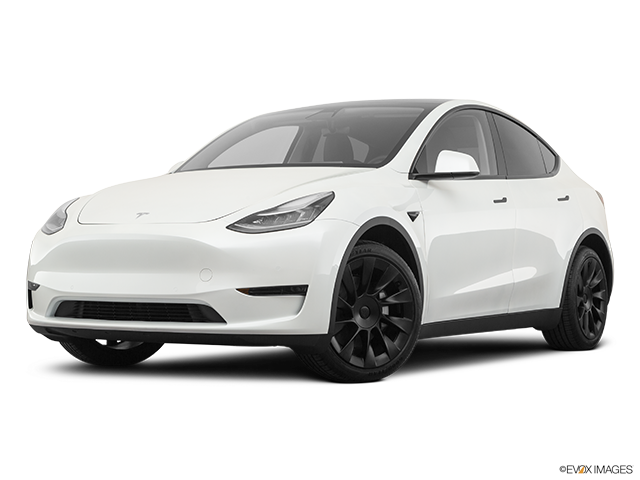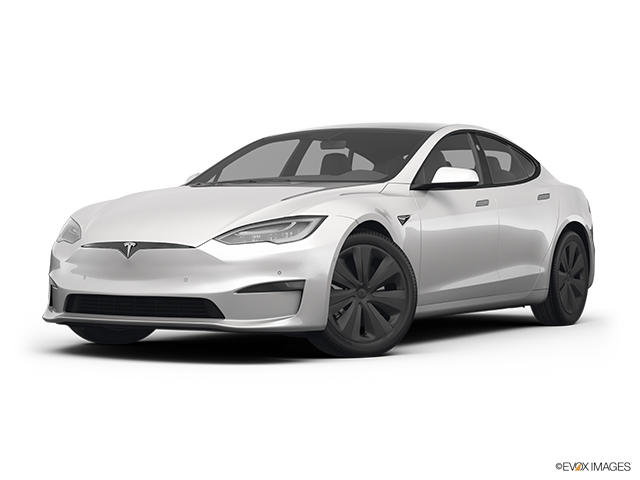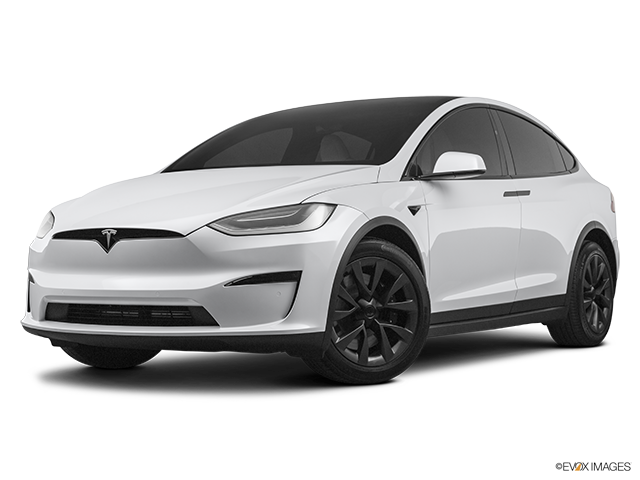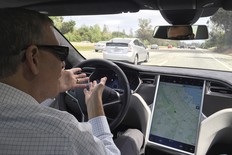U.S. law firm sues Tesla, claiming its updates affect the battery
Some Model S and Model X owners say they've experienced reduced range and even battery failure
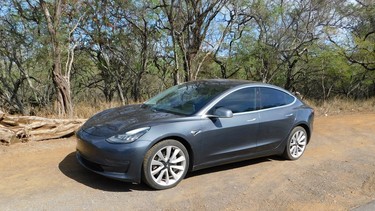
Article content
Here’s the update on Tesla updates: An American law firm has filed a class-action lawsuit against the electric-vehicle automaker in California, claiming that its automatic software updates are decreasing driving range by as much as 20 per cent, or in some cases, even causing battery failures.
Advertisement 2
Article content
The law firm, Hagens Berman – which proudly proclaims on its website that it has been named the “Most Feared Plaintiff’s Firm” – is inviting owners of Tesla Model S and Model X vehicles to join in the lawsuit, which was filed in the U.S. District Court in San Francisco.
The firm is arguing that the Tesla vehicles are “protected computers,” according to a definition in the U.S. federal Computer Fraud and Abuse Act. The lawyers say that the automatic updates Tesla sends out to its vehicles “have led to decreased battery performance and battery failure” and that they “violate consumers’ rights under the law.”
Recommended from Editorial
Advertisement 3
Article content
The firm reported that some Tesla owners have been told they will have to buy a new battery for US$15,000. Other owners have either paid or plan to pay – it’s not made entirely clear – US$500 to $750 for a third-party company to “undo” the updates. The law firm said while automakers typically notify drivers and inform them about updates before sending them out, “Tesla can issue automatic updates whenever the vehicle is connected to Wi-Fi” and “tells consumers that the software updates cannot be cancelled or reversed.”
Further to that, the lawyers say Tesla has denied reimbursement to owners whose battery capacity has dropped following a software update – but in prior lawsuits, the automaker also didn’t deny that there’s a relationship between updates and decreased battery performance, and it hasn’t always won its case.
Advertisement 4
Article content
In a similar class-action suit in 2019, Tesla admitted a 10 per cent decrease in battery performance after an update, and settled with the vehicle owners; a court in Norway also required the automaker to reimburse the equivalent of US$16,000 each to 30 car owners in that country affected by the update. In 2021, Tesla paid a US$1.9 million settlement when a software update temporarily reduced the battery’s maximum voltage in some Model S sedans, with owners receiving US$625 each.
“Tesla owners and lessors are uniquely at the mercy of the maker of their cars, and Tesla imposes software updates without consent whenever their vehicle is connected to Wi-Fi,” said Steve Berman, the attorney in charge of the current lawsuit. “The fact that Tesla touts battery performance as a defining feature of its vehicles makes Tesla’s own software updates a particularly egregious violation of consumer rights.”







